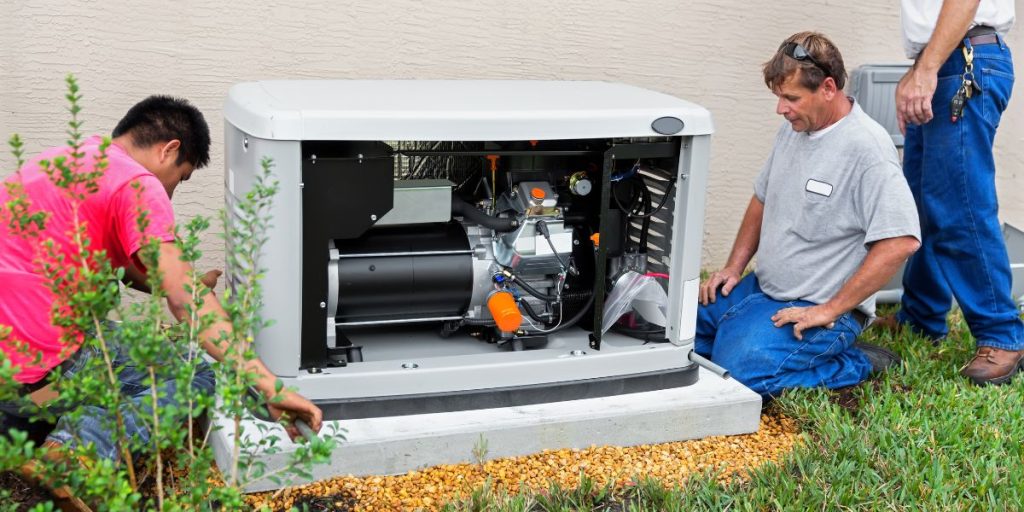When power outages strike, having a reliable backup power source can make all the difference—especially during Delaware’s stormy seasons. If you’re considering a backup generator installation in Delaware, there are some essential things to keep in mind before making the investment. Here’s a breakdown of the top seven factors to consider before installing a backup generator.
Table of Contents
Understand Your Power Needs
Before choosing a generator, you need to assess your household or business power requirements. Are you looking to power the entire property or just essentials like the refrigerator, HVAC, and lighting? A licensed electrician can help you perform a load calculation to ensure the generator is sized appropriately.
Choose the Right Type of Generator
There are two main types of generators: portable generators and standby generators. For long-term reliability, standby generators are ideal as they automatically turn on when power is lost. These are permanently installed and connected directly to your electrical system—perfect for a seamless backup generator installation in Delaware.
Comply with Delaware Codes and Permits
Delaware has specific building codes and permit requirements when it comes to generator installations. You’ll need to check local regulations regarding placement, fuel connections, and noise restrictions. Working with a licensed contractor ensures your generator is installed legally and safely.
Location and Placement Matter
Standby generators must be installed outdoors with adequate ventilation and away from doors, windows, or vents to prevent carbon monoxide exposure. Delaware’s zoning laws may also dictate minimum clearance distances, so choose your generator’s location wisely.
Choose a Reliable Fuel Source
Most standby generators run on natural gas, propane, or diesel. In Delaware, natural gas is a common and convenient choice due to availability. However, in rural areas where gas lines may not be accessible, propane tanks are often used. Make sure your fuel choice aligns with what’s available and cost-effective in your area.
Invest in Professional Installation
Proper backup generator installation in Delaware isn’t a DIY job. A professional electrician or generator installer ensures the unit is connected safely to your electrical panel, tests the system, and handles fuel line connections. This not only ensures code compliance but also helps protect your investment and property.
Schedule Regular Maintenance
Even the best generator won’t work as expected without regular maintenance. Be sure to schedule routine inspections, change the oil, and test the system periodically—especially before peak storm season. Many Delaware homeowners opt for annual maintenance contracts to keep their units in optimal condition.
Conclusion
A backup generator is an investment in safety and peace of mind. Whether it’s protecting your home during a nor’easter or keeping your business operational during blackouts, understanding these key factors will help you make the right decisions.
If you’re ready for a backup generator installation in Delaware, consult with certified professionals to ensure a smooth, safe, and reliable setup tailored to your property’s needs.

